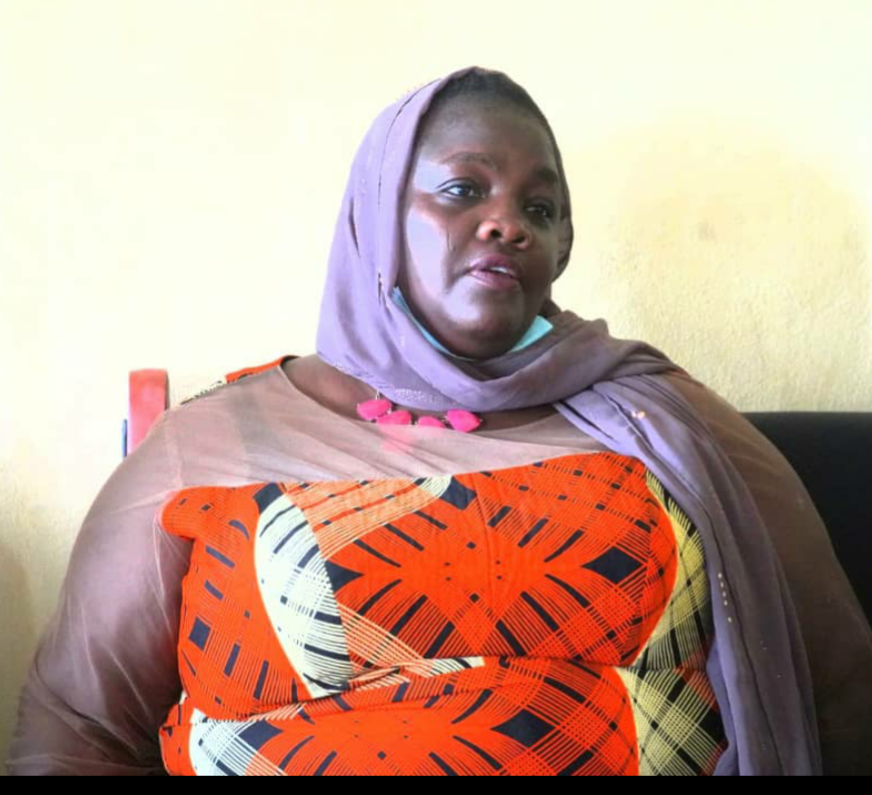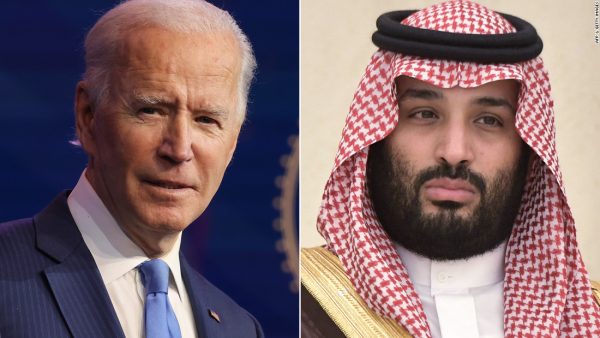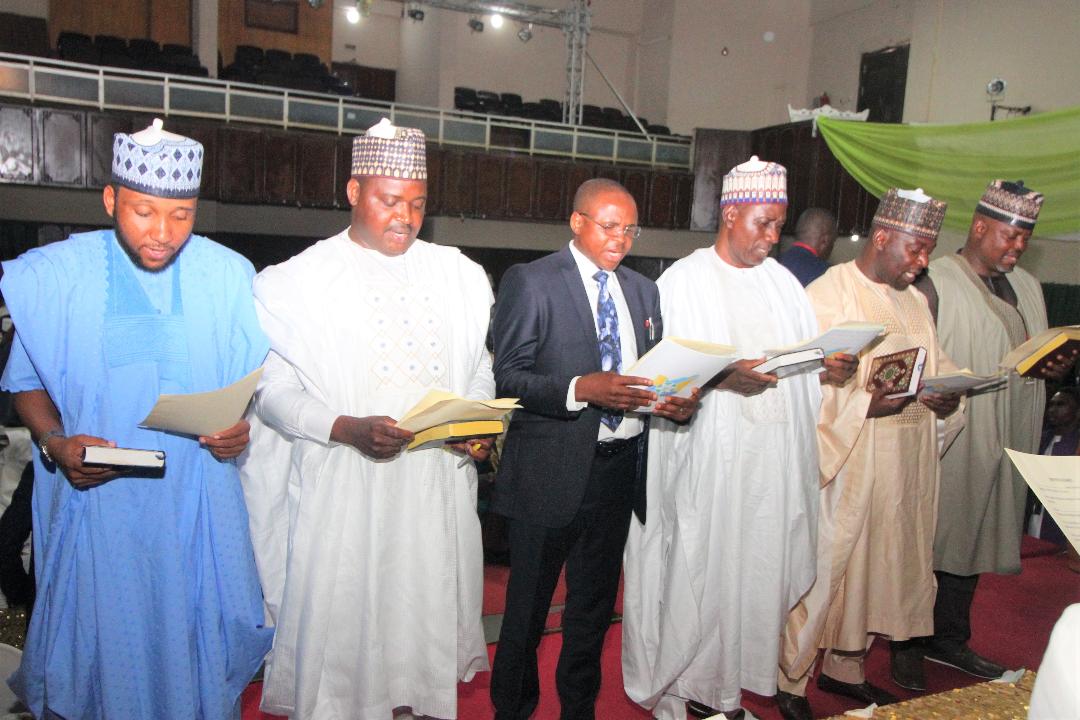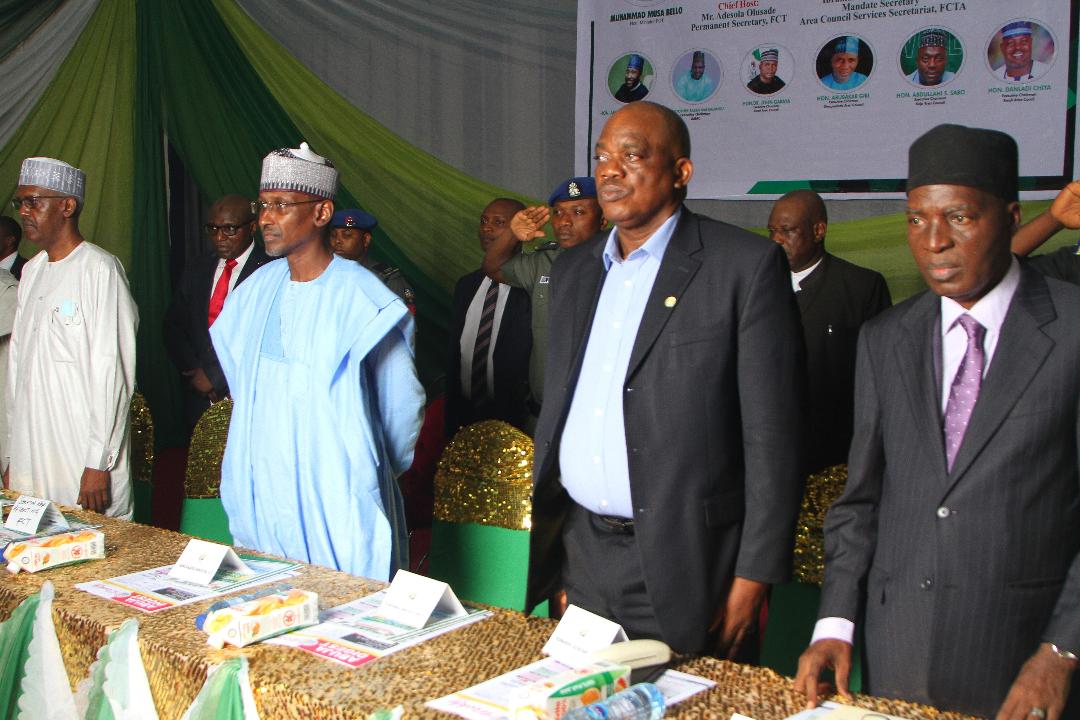Collapse Of Stablecoin: Crypto Investor Sues Binance U.S. Exchange

A U.S. investor, Jeffrey Lockhart has sued Binance U.S. and its CEO over allegation that the cryptocurrency exchange falsely marketed Terra USD as a safe asset ahead of the so-called stablecoin’s collapse in value last month.
Stablecoins are digital tokens pegged to the value of traditional assets, such as the U.S. dollar, and are popular as safe havens in times of turmoil in crypto markets.
But Terra USD’s value plunged last month, breaking its 1:1 dollar peg and contributing to a tumble in other crypto assets like Bitcoin.
In the lawsuit against Binance and Chief Executive Brian Shroder, Utah resident, Jeffrey Lockhart said Binance falsely advertised Terra USD as “safe” and backed by fiat currency, when in fact, it was an unregistered security.
Lockhart said Binance’s failure to register with the U.S. government as a securities exchange limits disclosure about assets traded on the platform, harming investors.
“Binance and other exchanges were critical enablers of this devastating failure to comply with the securities laws,” said Tibor Nagy of law firm Dontzin Nagy & Fleissig, which represents Lockhart.
“Crypto exchanges made massive profits by flouting securities laws and causing real harm to real people.”
A Binance spokesperson said the exchange is registered with the Financial Crimes Enforcement Network (FinCEN) – a unit of the U.S. Treasury Department – and complies with all applicable regulations.
“These assertions are without merit and we will defend ourselves vigorously,” the spokesperson said in a statement, adding that the exchange will delist Terra USD, a decision made before the lawsuit was filed. Lockhart is seeking to have himself and other investors who bought Terra on Binance registered as a class.
In a separate lawsuit in 2020, investors accused Binance of selling unregistered tokens and failing to register as an exchange or broker-dealer.
A federal judge in Manhattan dismissed that case in March, stating that the investors had waited until too long after their losses to sue and that U.S. securities law did not apply because Binance was not a domestic exchange. The investors are appealing.
Lockhart’s lawsuit, by contrast, targets Binance’s U.S. unit and comes just weeks after Terra USD’s collapse.
His suit comes after a bipartisan group of U.S. Senators last week proposed legislation to have the Commodity Futures Trading Commission (CFTC), not the Securities and Exchange Commission (SEC), play the primary role in regulating crypto.
The CFTC is generally seen as friendlier toward cryptocurrencies, as the SEC has found crypto assets should be seen as securities.Cryptocurrencies continued their slide on Monday, with Bitcoin touching an 18-month low and No. 2 token ether tumbling as much as 18 percent.






 The Presidency has made it clear that in taking any important decisions affecting Nigeria, President Muhammadu Buhari had never been influenced by the so-called cabal or what it called “back room boys.”
The Presidency has made it clear that in taking any important decisions affecting Nigeria, President Muhammadu Buhari had never been influenced by the so-called cabal or what it called “back room boys.” World Bank has said that rising prices of goods and services in Nigeria, will push additional one million Nigerians into poverty, making it seven million by the end of 2022.
World Bank has said that rising prices of goods and services in Nigeria, will push additional one million Nigerians into poverty, making it seven million by the end of 2022.



